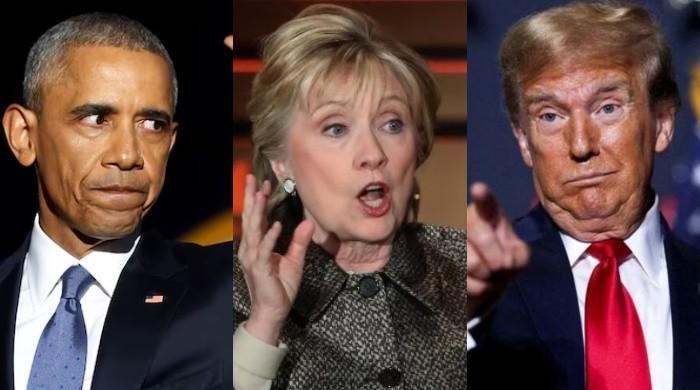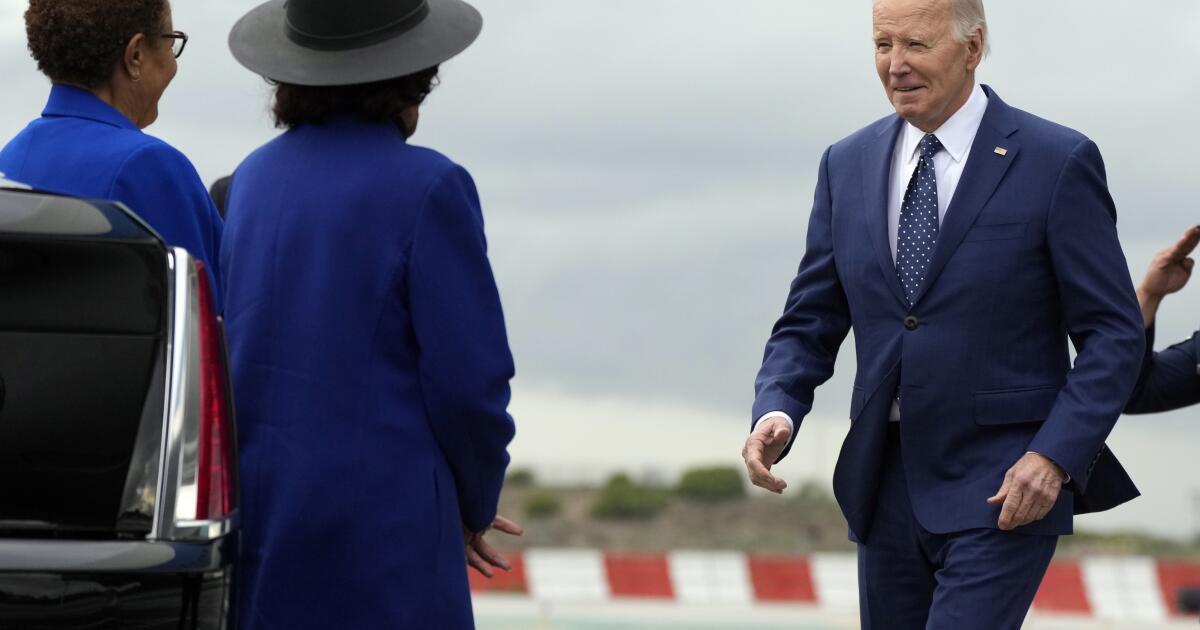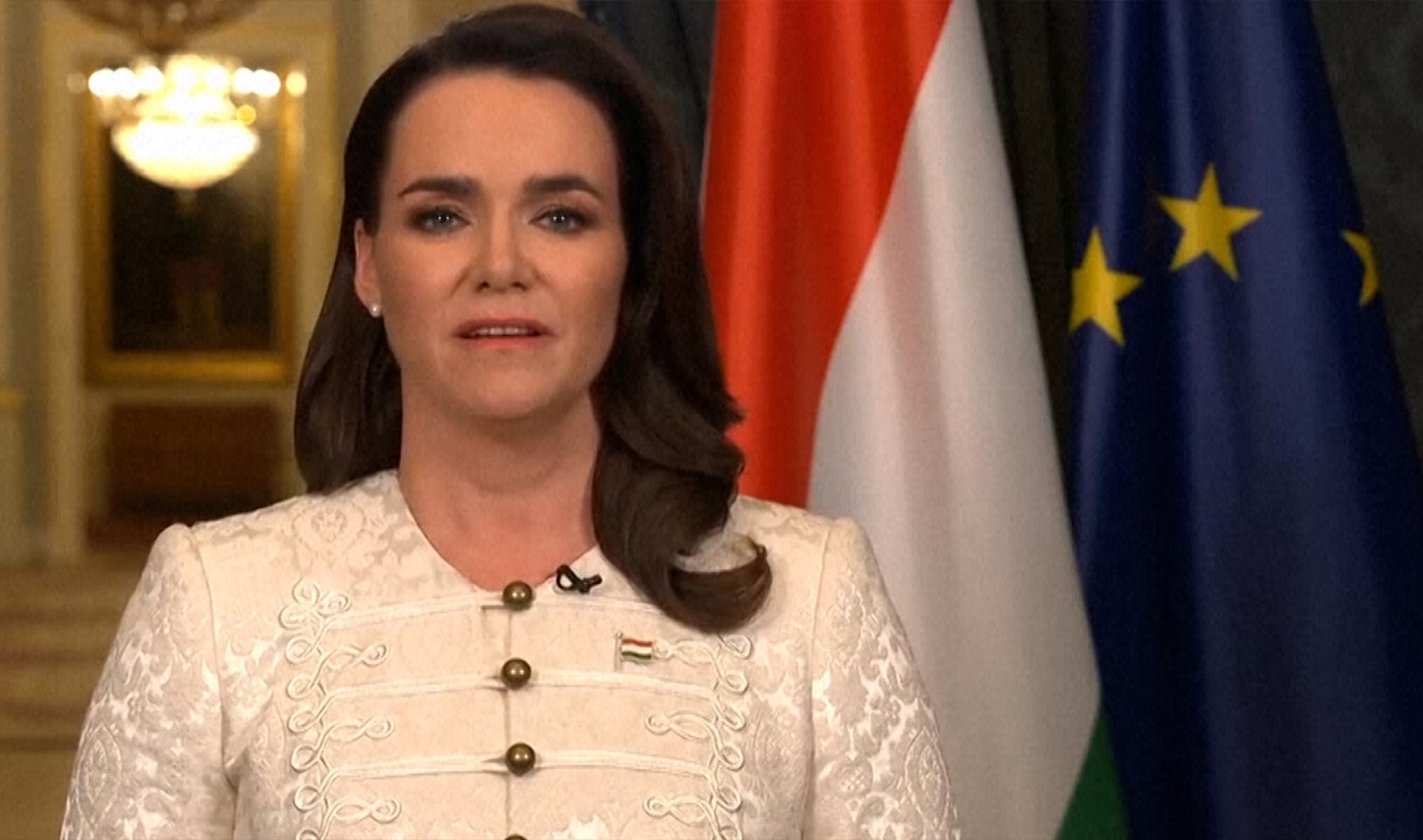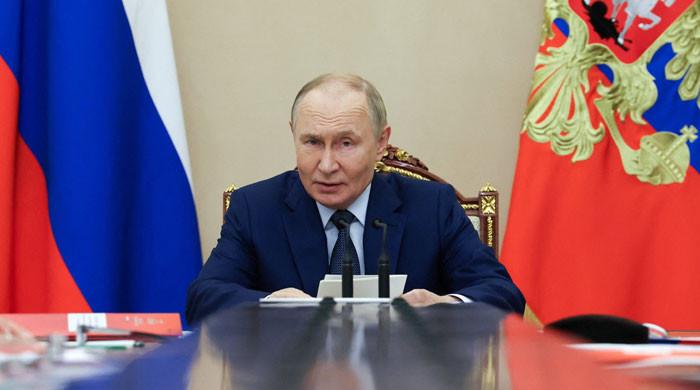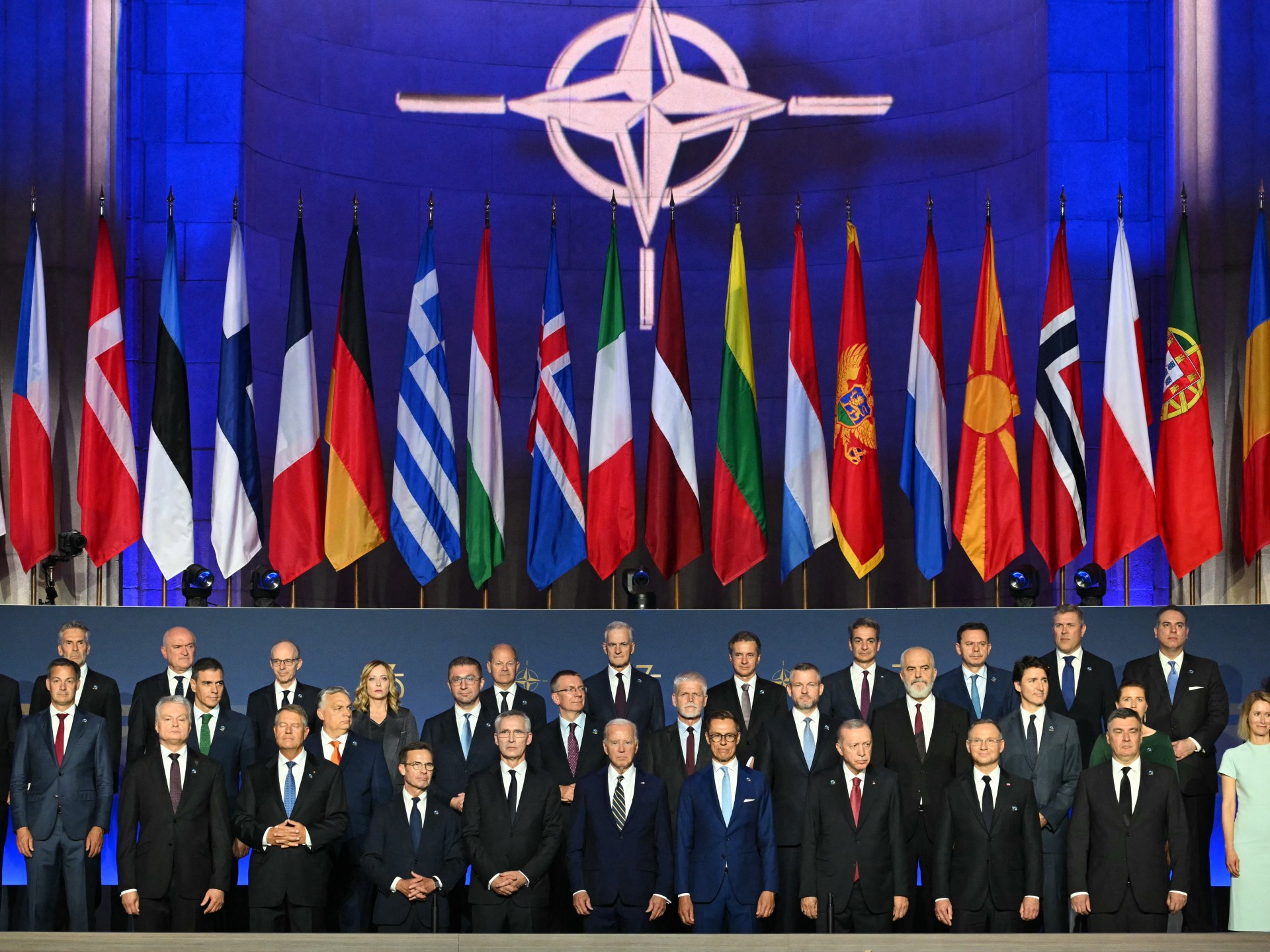With less than two months to go until the presidential election, US presidential polls are a key element of the election and play a role in increasing or decreasing the popularity and acceptance of candidates among voters across the country.
The debate traditionally involves Republican and Democratic candidates facing off in televised debates while addressing key policy and public interest issues and mocking each other.
As Republican presidential nominee Donald Trump faces off against incumbent Vice President and Democratic nominee Kamala Harris in their first presidential debate next week, it is imperative to look back at the history of presidential debates and all they have entailed over the decades.
Kennedy-Nixon: September 26, 1960
It was the first televised debate of its kind, back when broadcasts were in black and white, and established the importance of a politician's public image. Republican Richard Nixon appeared poised to win the election, having served two terms as vice president under Dwight Eisenhower.
But the debate did not go well. Nixon refused to wear makeup and appeared pale and sweaty in front of more than 66 million viewers, while the young senator from Massachusetts, John F. Kennedy, looked tanned and relaxed. While Nixon addressed the moderator, Kennedy looked into the camera, speaking directly to his voters.
It is debated to what extent the images of the debate influenced the result, but Kennedy ended up beating Nixon at the polls.
Ford-Carter: October 6, 1976
The first debate between Republican President Gerald Ford and his Democratic rival Jimmy Carter was marred by a 27-minute audio blackout. The second debate also did not go well for Ford, as he made a gaffe that possibly cost him the presidency.
At the height of the Cold War, Ford claimed that “there is no Soviet domination in Eastern Europe, and there never will be under a Ford administration,” even though the Soviet Union had troops deployed throughout the Eastern bloc.
It was six days before Ford explained, saying he did not mean a literal military presence, but that the morale of the people there had not been crushed.
Reagan-Mondale: October 21, 1984
Republican President Ronald Reagan was 73 when he ran for a second term against Walter Mondale, 56. But he turned his age into a strength with a witty comeback that has gone down in history.
“I will not make age an issue in this campaign,” Reagan said when asked if he was fit to serve. “I will not exploit, for political purposes, my opponent's youth and inexperience.”
Bush-Clinton-Perot: October 15, 1992
The second presidential debate of 1992 pitted incumbent President George Bush against his eventual successor Bill Clinton and Ross Perot, an independent candidate.
Bush was caught on camera checking his watch while Clinton spoke to an audience member during a town hall debate, an action that cost Bush dearly.
Years later, Bush admitted that he hated debates. “Maybe that's why I was watching: 'Just 10 more minutes of this.'”
Obama-Romney: October 22, 2012
During a debate against President Barack Obama, Republican rival Mitt Romney lamented that the U.S. Navy has fewer ships today than it did in 1916.
“Governor, we also have fewer horses and bayonets, because the nature of our military has changed,” Obama replied.
“We have these things called aircraft carriers, where planes land. We have these ships that dive, nuclear submarines,” the former president said, which went viral.
Trump-Clinton: October 9, 2016
The second debate of the 2016 US presidential election between Hillary Clinton and Donald Trump was particularly cruel.
Shortly after the release of a video in which Trump is heard bragging that his fame allows him to grope women, the Republican billionaire attacked his opponent's husband, former President Bill Clinton, accusing him of being “very abusive to women.”
Trump also promised to investigate Hillary Clinton over her use of a private email account when she was secretary of state.
“It's incredibly good that someone with Donald Trump's temperament is not in charge of the law in our country,” Clinton said.
“Because you'd be in jail,” Trump replied:
Trump-Biden: September 29, 2020
The first debate of the 2020 presidential election, between Trump and Democrat Joe Biden, ended in shouting and insults.
Faced with Trump's constant interruptions, Biden snapped back: “Will you just shut up, man?”
The Democrat also called his opponent a “clown” and “Putin's puppy.”
Trump, for his part, continued to evade the question of whether he would recognize the election results.
Unable to keep tabs on either candidate, debate moderator Fox News journalist Chris Wallace later described his feelings of “desperation.”
Trump-Biden: June 27, 2024
The June debate, scheduled an unprecedented four months before this November's election, was supposed to give Biden, 81, a chance to allay concerns about his age.
But it was a debacle for the Democrat, who repeatedly lost his train of thought, stared blankly and at times spoke incoherently and in a hoarse voice.
The dismal performance set the stage for Biden to eventually drop out of the race, passing the torch to Trump's new rival, Vice President Harris.

